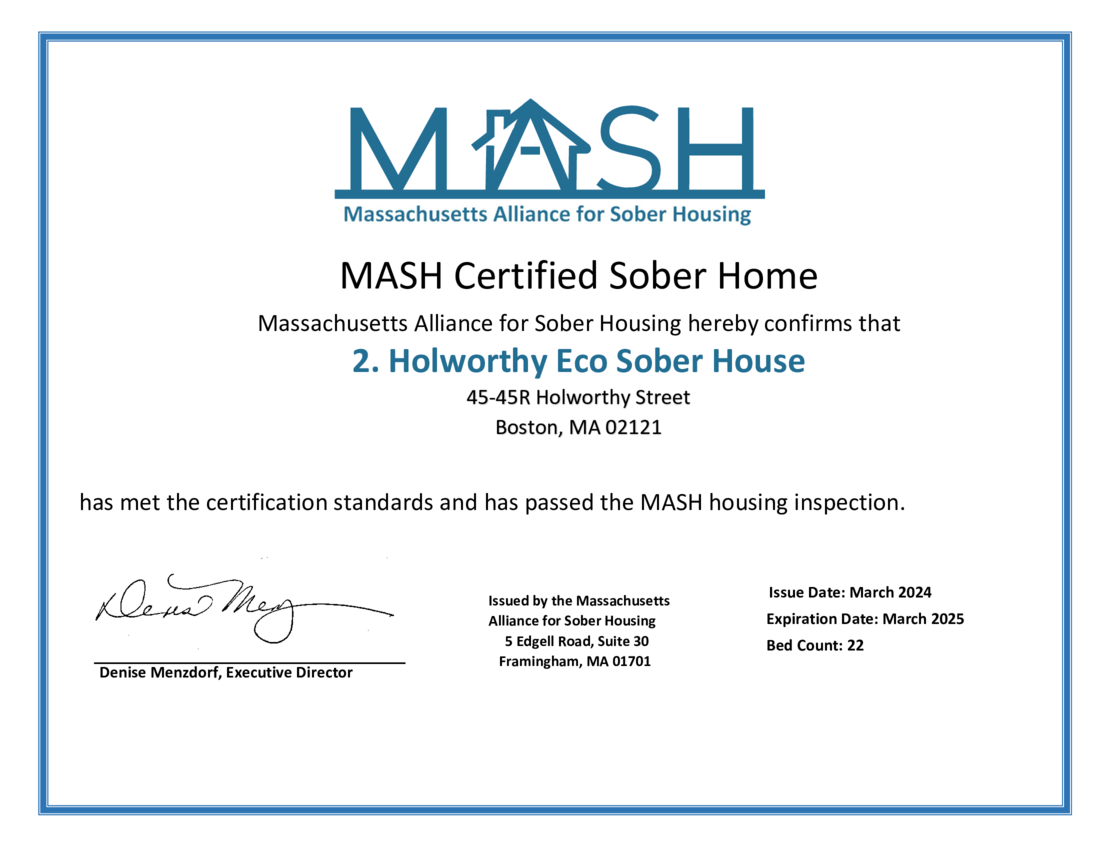
Non-addicts may proclaim, “Of course addicts should want to get sober—why wouldn’t they? ” But the problem runs deeper than just simply being able to quit and stay sober. That said, while “recovery” and “sobriety” are different terms, they’re also used interchangeably in some instances. Plus, being in recovery typically involves maintaining sobriety, so the two are somewhat intertwined. So here’s a deep dive into the many reasons people struggle on their unique paths to sobriety as well as insights on how to overcome the fears and challenges they’ll likely meet along the way.
When to See a Healthcare Provider

So if all of your friends drink alongside you, then there’s no issue, right? Well, there’s a concept in psychology known as “confirmation bias,” and it means that we often look for evidence https://ecosoberhouse.com/ to support something that we already believe to be true. If you’re like most drinkers, you’ve likely surrounded yourself at some point with a group of people who also drink.
Dual Diagnosis 101: How Mental Health Disorders and Substance Use Disorder Often go Hand in Hand

For example, why are some people afraid of scary movies or roller coasters? In the mind, there is a negative, high-risk situation here. Scary fear of being sober movies often involve gore and death – both topics most people fear. There’s always the fear of a ride malfunction on a roller coaster.
What are the Stats On Rehab and Recovery?
Lasting recovery requires lasting effort, but relapse is not failure or weakness; it takes more than willpower to maintain sobriety. This article discusses the meaning of sobriety and arms you with information and strategies to smooth—and stay on—your path to wellness. Yes, meditation and mindfulness can be beneficial in managing the fear of being sober. These practices focus on bringing your attention to the present moment, which can help reduce worries about future sobriety and decrease your overall anxiety levels. Regular mindfulness and meditation practices can improve your emotional regulation and stress management, making the prospect of sobriety less daunting and more manageable. Knowing in advance how to decline alcoholic drinks or drug use in social situations can make it easier to stick to your sobriety.
What role does therapy play in treating nifaliophobia?
More in Signs of Addiction

Build Healthy Relationships
- While it’s easy to focus on what other people think, it’s more important to recognize the opportunities that are presented to you when you improve your dependency.
- Alternatively, you may think following a healthy lifestyle will be too challenging.
- I got out of debt, started a company that provides digital recovery, launched a podcast, and am in the middle of writing a book.
- Do you have any advice on staying friends with Sam and authentically showing up in group settings with Alexa?
- Knowing relapse signs can help you recognize your risk of relapse, and they may include a return to addictive thinking patterns and compulsive behaviors.
- If you gained many friendships as a result of getting high or drunk with others, you may worry that you won’t be able to form close bonds with others as a sober person.

